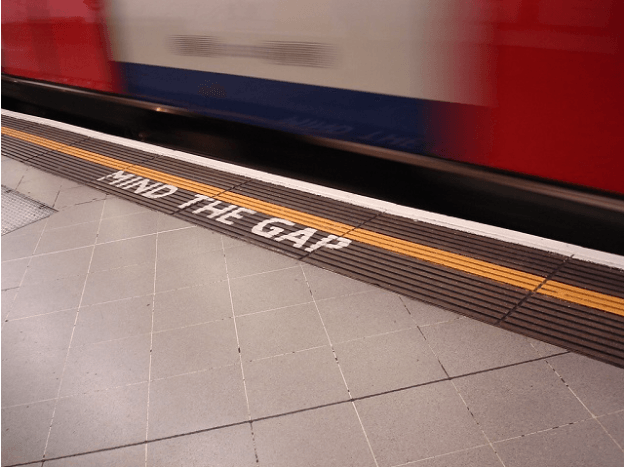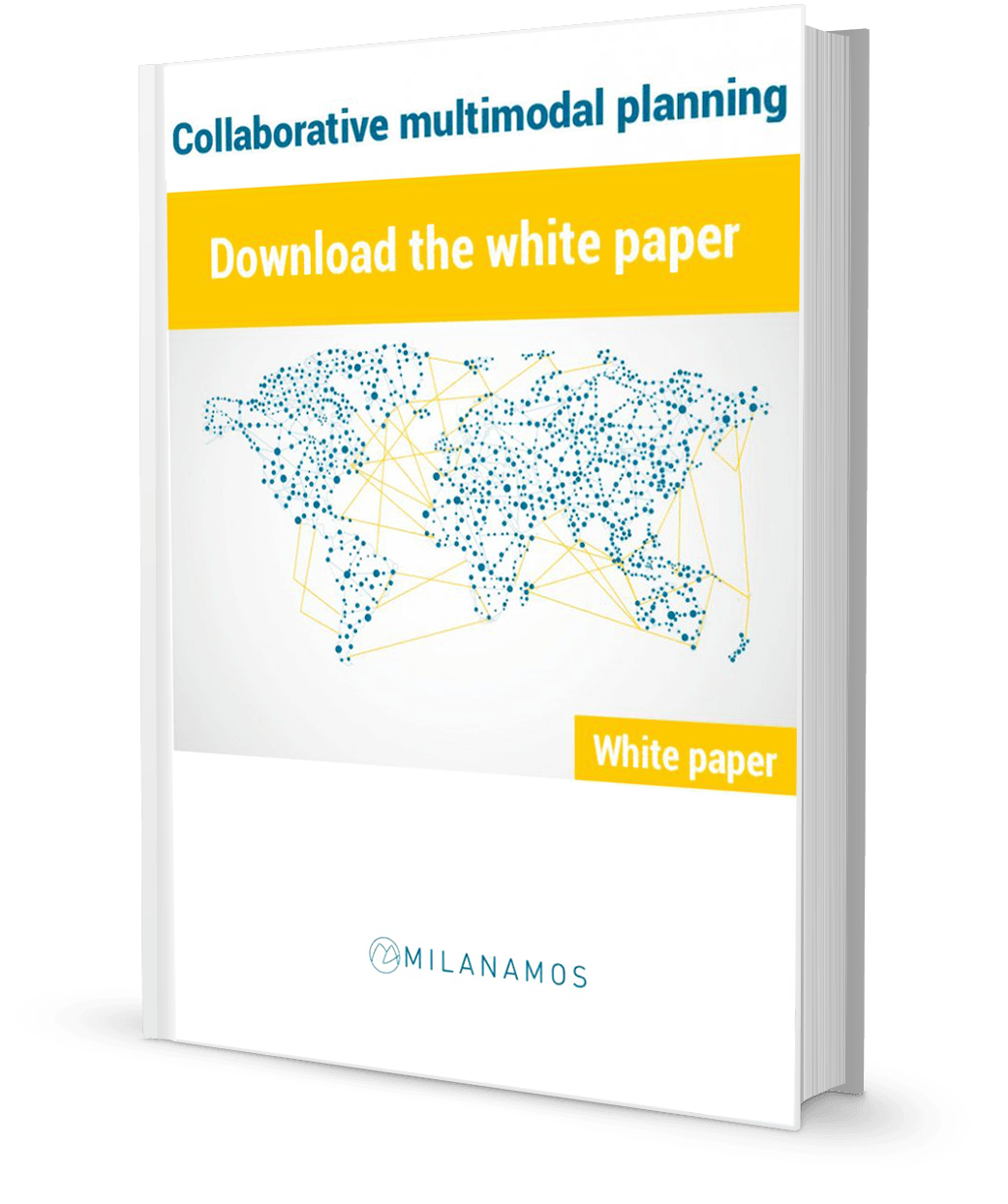Question: How do you know when data is not being shared? Answer: when the last plane of the day arrives at midnight … but the last train left the airport at 11:30PM.
Data silos. A great way to be stuck in the past.
The old way of thinking about data – and for the purposes of this blog post we specifically mean the anonymized data that transport operators gather – is that it should be a jealously guarded secret. But today many C-Suite innovators are taking the more enlightened view that you have to share data in order to release its full value.
To give the simplest example, a regional airport, bus company and train operator could share data for the benefit of all stakeholders. It’s enlightened self interest … because it takes a joined-up transport network in order to entice travelers away from private cars or Uber taxis, or to attract new carriers to regional airports. So even if the various operators still get the same portion of the transportation cake … at least they’re sharing a bigger cake.
But another reason for sharing data is the very commoditization of data itself. It’s no longer just the train company who knows how many people are on the 08:15 commuter train. The mobile phone operator has a pretty good idea too, as it tracks smartphones handshaking with successive cells along the train’s route. And before long, smart city sensors by the railway station will augment that data.
So perhaps your anonymised data isn’t so valuable as you thought. Or is it?
It’s time for a re-think. Companies find themselves at a stage where personalized data still has a lot of value to the individual transport operator (because you can offer Mrs Smith an incentive to upgrade to first class) … but anonymized data only becomes really valuable when it is shared (because the players in a multimodal transport network can join forces to give the customer what they want).
Here’s a little lateral thinking …
Example. How open data revolutionized pharma research.
At Milanamos we’re in the business of helping transport companies to increase profits with big data. But we’d like to refer you to another industry – pharmaceuticals – for a great example of how sharing data can add/unlock value.
In the past, pharma companies have spent huge sums of money on research into various health conditions. This research is very expensive – and developing new pharma products is a gample that can cost billions – so pharma companies not unreasonably keep their data in Fort Knox-like silos.
But just recently some enlightened players saw an opportunity to gain new insights, simply by sharing data. For example, “share your data about heart disease with us, and we’ll share our data about diet with you.”
The results gave an incredible return on investment. With virtually no extra spend on research, companies found they could unlock the secrets in their data … by seeing the links between, say, heart disease and diet. In other words, crunching existing data in a week had the same effect as launching a $5 million, two-year research program. But without the $5m spend or the 2 year wait!
So here’s the important takeaway from this article : it’s the links between datasets where the value is happening.
And the same thing can happen for stakeholders in transport networks. In isolation your anonymized data has low value. But share that data with a partner (or even a competitor) and a chain reaction of value is released. Boom.

It’s the links between datasets where the value is happening. By working with partners to fill in the gaps, transport operators can unlock the full value of their data.
Big data. It’s the key enabler for multimodal transport networks.
Milanamos is configured to be the focal point in extracting the value from anonymised data. So airports, train and bus companies, mobile phone networks, local government, commercial demographics organizations and a range of other players can give us their data to crunch. Where data is sparse, we can even use predictive algorithms.
In return, all participants get valuable insights which can help them to achieve their objectives. The potential benefits include more traffic, more revenue, reduced costs, better customer satisfaction, a cleaner environment : whatever your agenda, big data can make it happen.
So now the ecosystem has a choice. Keep anonymized data in silos of decreasing value … or start collaborating.
As an impartial and independent big data specialist, we have the ability to help all participants to get a fair share of the unlocked value and benefits of sharing data.
If you want to start a chain reaction … please get in touch.






